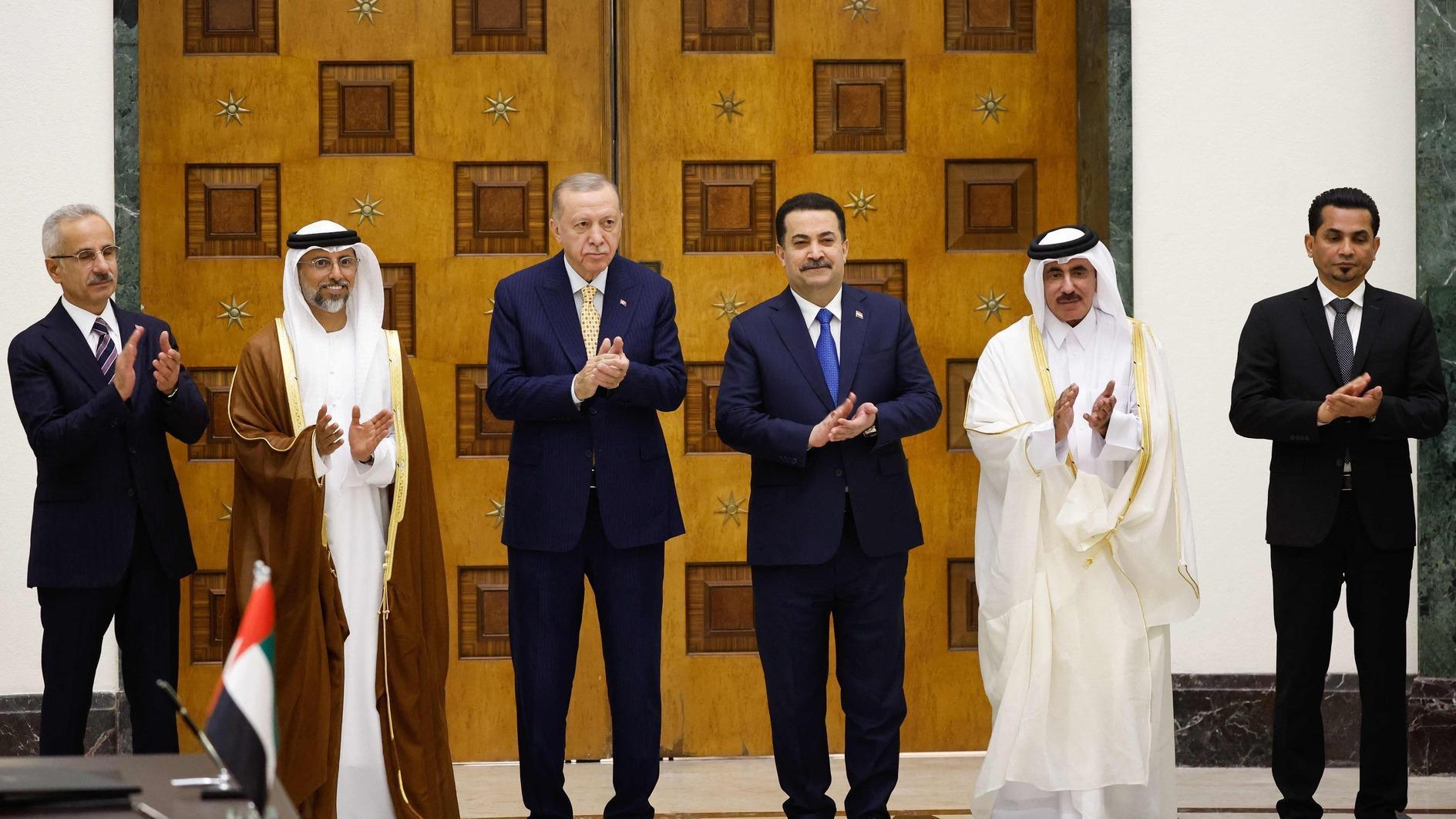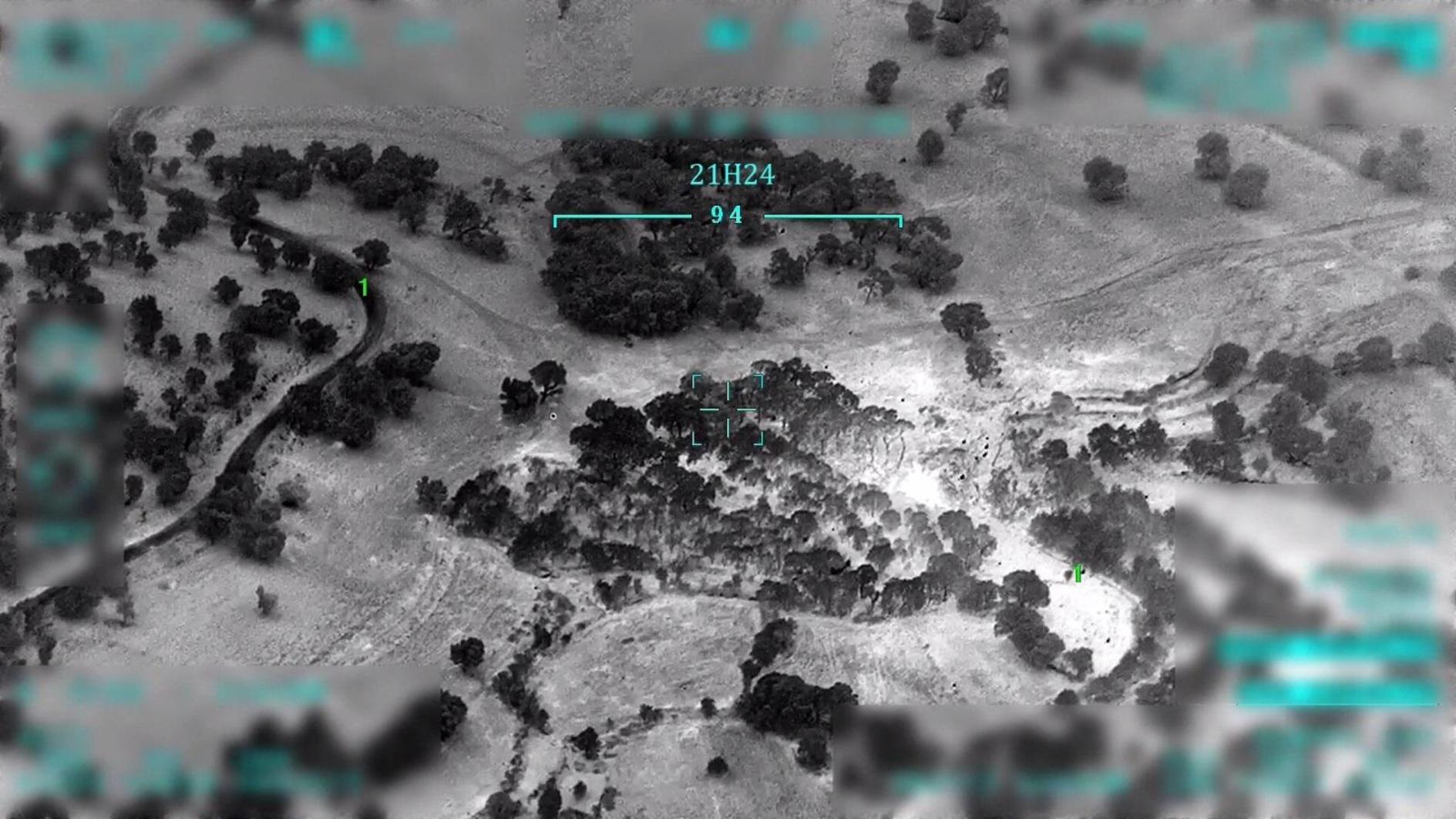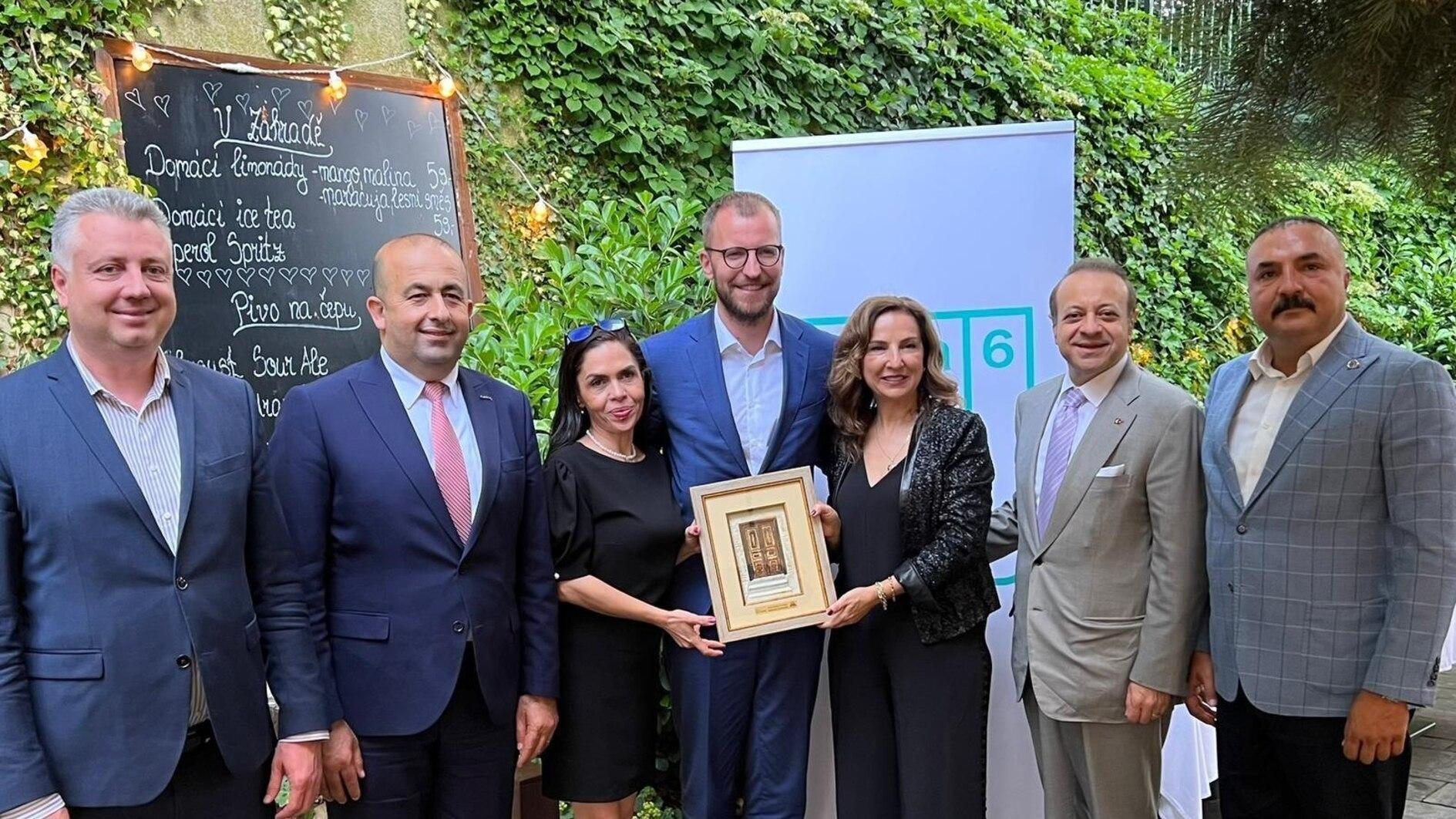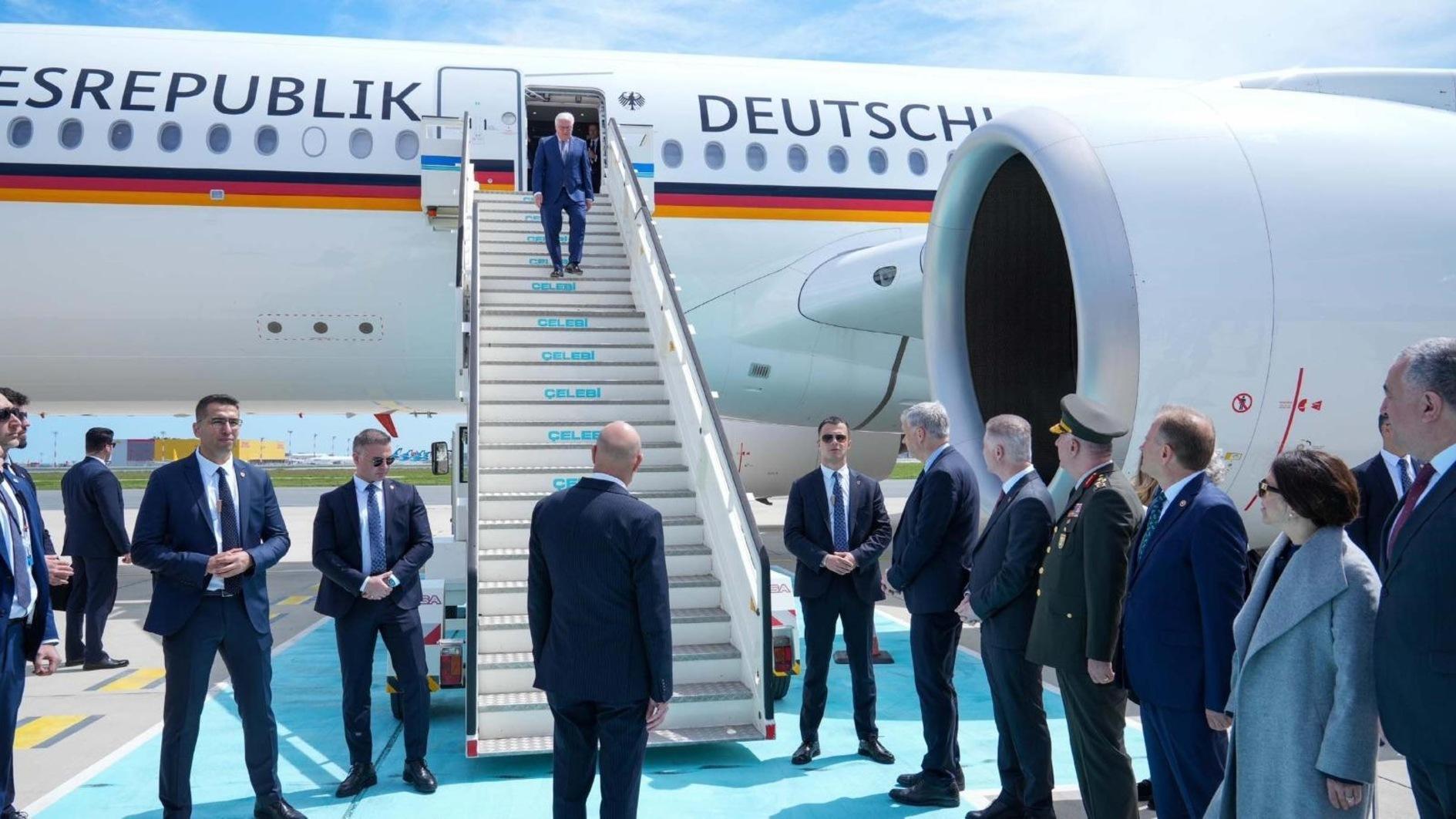UN official Lute’s mandate and the need for a common vision
It is not yet clear whether and when Jane Holl Lute, the temporary special advisor to the United Nations Secretary-General Antonio Gurerres, will be visiting Turkey. Some claim that the visit originally scheduled for Dec. 5 might not take place any time soon, while the U.N. envoy might make another tour of talks with the leaders of the two sides on the island. Was Lute told she was unwelcome in Ankara or did she suspend plans to visit Turkey?
It is clear for Cyprus watchers that some people have developed great expectations that the Cyprus talks will soon pick up from where they collapsed on July 7, 2017 in Crans Montana. There are claims that she might soon put on the table a set of reference points and ask the two sides to come to the negotiations table to discuss a federal resolution along the lines of what has been dubbed the “Guterres suggestions.” The two sides have different perceptions of what Guterres might have suggested to the two leaders on July 7, 2017 night, but the hope anyhow has been that the ideas of the secretary-general might help halt the deadlock in talks.
Of course, Lute might suggest some sort of a new framework and even a road map and encourage the two leaders to come to the table. However, can she undertake such a move without the consent of the two sides? Does her mandate as a temporary advisor of the secretary-general on Cyprus empower her to undertake such moves? Unlike her predecessors, Lute’s mandate is limited to making an assessment of the situation and reporting to the secretary-general. Her mandate does not include in any way the preparation of a new framework for the talks, or work to outline a new basis on which the process might pick up. She is not a special envoy with such powers, but just a provisional advisor empowered for an exploratory mission. Yes, the secretary-general, after evaluating a report by Lute, might decide to make a call for the resumption of talks and make a framework suggestion.
Can the secretary-general undertake such an action without the consent of the two sides, as well as Turkey, Greece and Britain, the three guarantor powers who are involved in many aspects of the Cyprus issue, particularly regarding the security and guarantees? No. The goodwill mission of the secretary-general requires him to seek the consent of all relevant sides before undertaking any move. He cannot engage in impositions.
Getting the consent of the sides will not suffice either. Producing some terms of reference and accepting the Guterres ideas as the “framework” of the talks will not be enough. As for the success of the process there is the absolute need for a common vision of a settlement.
What is wanted for Cyprus? What should be the target of the talks? The 1977-1979 agreements called for a bi-zonal, bi-communal federation built on the foundation of political equality of the two people of the island. Decades of talks since then showed in all clarity that the Greek Cypriot side has no intention of sharing power, agreeing to a rotation of presidency, effective participation of Turkish Cypriots in the decision-making and the implementation or such painful moves required by the political equality principle, which is the backbone of a federal governance.
A portion of the Greek Cypriot society still wants a federal resolution with a strong central government. The Greek Cypriot leader now talks about a sui-generis Greek Cypriot-dominated loose federation. What he wants is a mystery for everyone. Turkish Cypriot President Mustafa Akıncı wants a federation but is marginalized at home with a conservative block that constitutes 70 percent of parliament, as well as Ankara which now says that besides a confederation any new Cyprus talks must be open to confederation, a two-state solution in the EU or any other settlement ideas.
Thus, before resuming the talks, the two sides, within themselves and among each other, must conduct a serious process to produce some clear ideas, a common vision of a resolution. Without having a clear target, what might be achieved at the talks? Can anyone have any hope from such a process?











